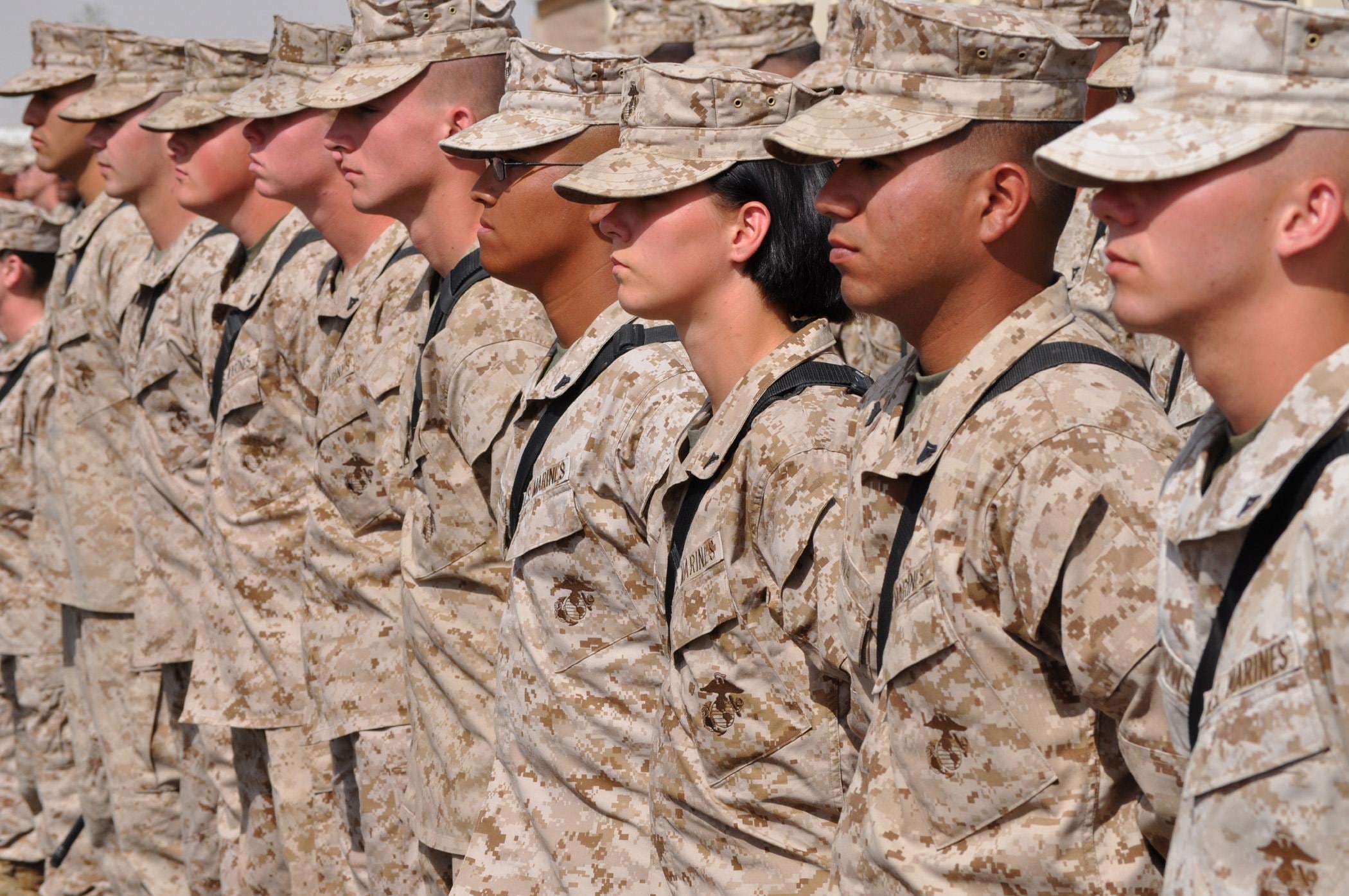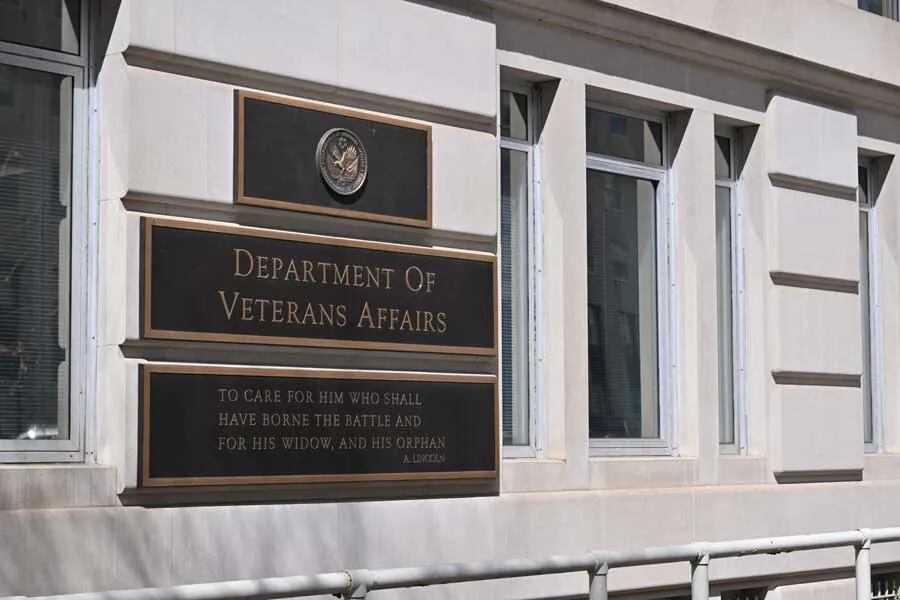Junior enlisted troops are poised to see a massive increase in base pay next year. Senior enlisted service members could be next in line.
Even as they were putting the finishing touches on service member quality of life reforms in this year’s defense authorization bill, lawmakers were already looking ahead at the next steps for improving pay and benefits for troops.
At the Reagan National Defense Forum this weekend, Virginia Republican Rep. Rob Wittman — a senior member of the House Armed Services Committee — told Military Times that leaders on the panel have already begun discussion on boosting pay for senior enlisted troops in an effort to help with recruiting and retention challenges in the ranks.
The authorization bill, which sets plans for $850 billion in Defense Department spending for fiscal 2025, is expected to be voted on by the full House this week. It includes a 4.5% pay raise for all service members in 2025 but an additional 10% pay boost for troops rank E-1 through E-4.
RELATED

If approved, it will mean between $3,000 and $6,000 more annually for those individuals, and bring nearly every junior service member’s base pay above $30,000 annually. Improving pay for junior enlisted had been a major priority of House lawmakers this year, and Wittman said he is pleased with the final compromise.
“This [authorization bill] is for E-1 through E-4, so the next effort has to be from E-5 to E-9,” Wittman said. “I think the officer corps is in fairly good shape, too, because there was an overall salary increase in the bill. ... The next step we’ll have to take is for senior enlisted. There are folks that are committed to doing that next year.”
Wittman would not speculate on what a pay bump for senior enlisted troops would look like, or if it would approach the extra 10% boost given to the younger troops. But he said Republican leaders on both his committee and the House Appropriations Committee are focused on the idea.
The nearly 1 million enlisted personnel currently serving in the armed forces are roughly evenly split between the junior enlisted and senior enlisted ranks. A pay raise of 10% for the more senior troops would cost more than the same raise for younger troops, because of the larger base pay service members with more experience receive.
According to estimates released by the Congressional Budget Office earlier this summer, the 14.5% pay raise for all junior enlisted troops is expected to cost around $10 billion over three years. Updated estimates are expected to be released in coming days.
Getting the junior enlisted pay raise in the final compromise authorization bill took a year of negotiations between House and Senate leaders. Whether a senior enlisted pay raise could survive the same gantlet is unclear.
House Armed Services Committee ranking member Adam Smith, D-Wash., told Military Times he is skeptical about another large targeted pay boost in 2026.
“I think it’s just wildly speculative at this point,” he said. “If you’ve got a new administration that wants to cut $2 trillion out of a $6.5 trillion budget and defense is 13% of that, that’s a bit of a math problem. That math is not going to add up.”
The 4.5% pay raise for all troops next year is below the 5.2% boost military families saw at the start of 2024, but marks the third consecutive year of salary hikes over 4%.
Leo covers Congress, Veterans Affairs and the White House for Military Times. He has covered Washington, D.C. since 2004, focusing on military personnel and veterans policies. His work has earned numerous honors, including a 2009 Polk award, a 2010 National Headliner Award, the IAVA Leadership in Journalism award and the VFW News Media award.
Noah Robertson is the Pentagon reporter at Defense News. He previously covered national security for the Christian Science Monitor. He holds a bachelor’s degree in English and government from the College of William & Mary in his hometown of Williamsburg, Virginia.





